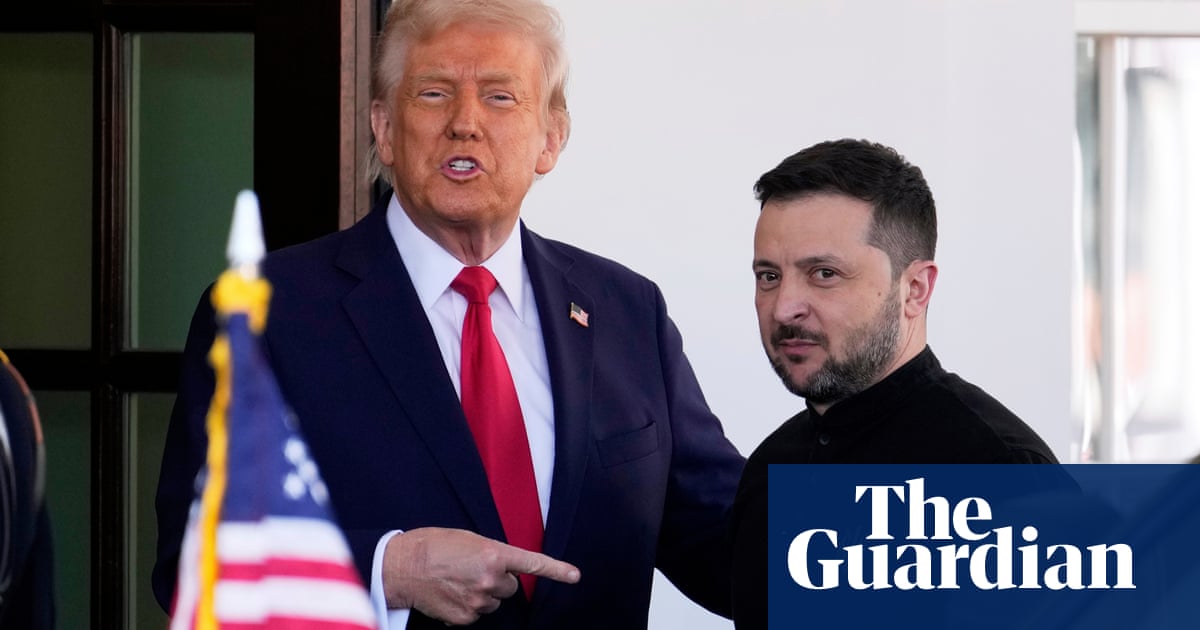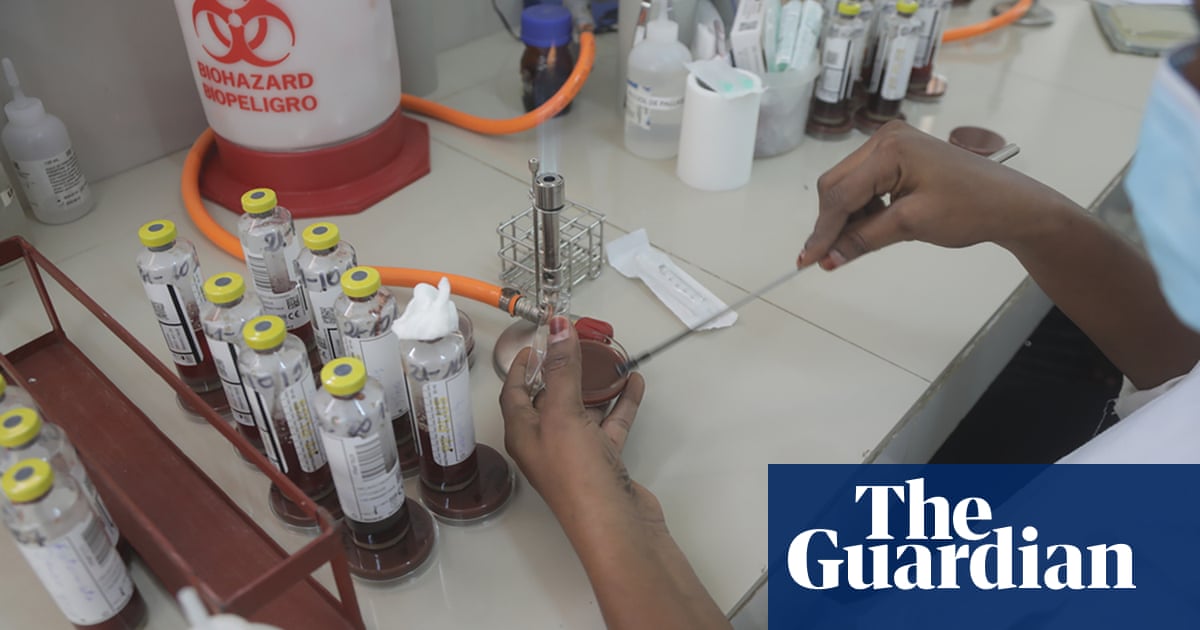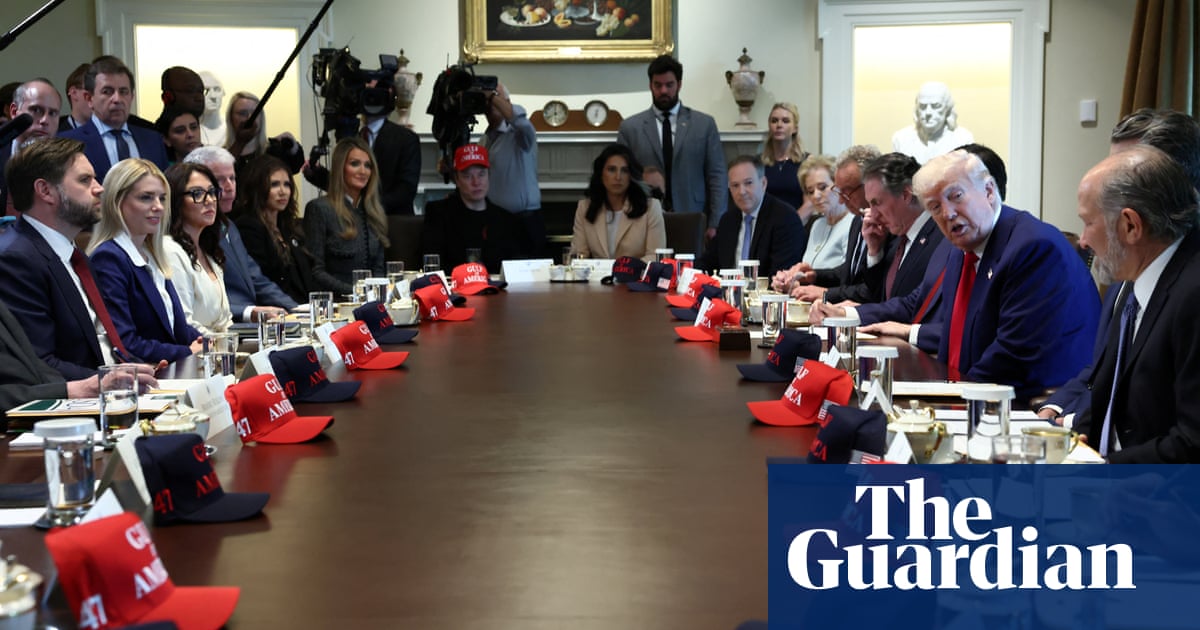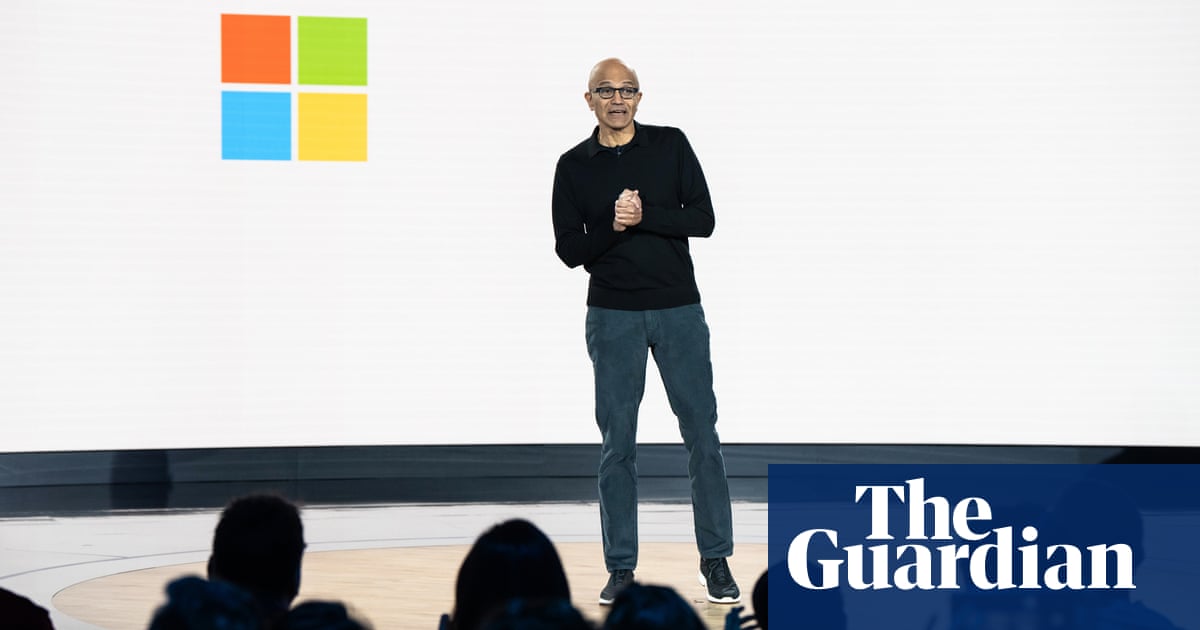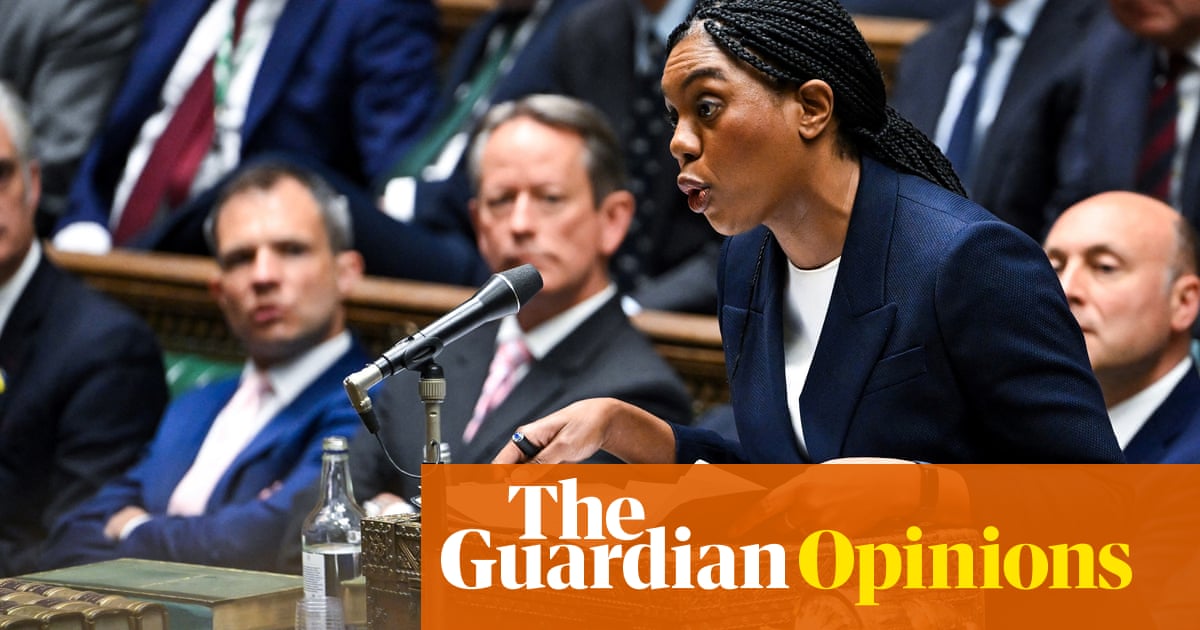In your editorial on the value of face-to-face contact in healthcare (27 April), you say that there are “ongoing difficulties in recruiting enough GPs”. This may be the historic line, but currently, the crisis is not in recruitment but frozen recruitment. In 2024, there was a 44% reduction in jobs available, which is likely to be worse now. The reality is a huge and worsening unemployment crisis for fully qualified GPs, particularly those who have recently completed their (extensive and exhausting) training.
The Royal College of General Practitioners identifies this unemployment crisis, the BMA reports that unemployment is prompting GPs to move abroad, and some GPs remaining in the UK are taking up other work – for example, working as Uber drivers.
There is a GP workforce ready to address the issue, but funding is needed for these posts. Moreover, thousands of doctors who applied to train as GPs are rejected each year due to lack of training posts. I am one of them. Addressing the shortage of GPs is entirely within the government’s control, bound by funding. While GPs remain unemployed, it is a spectacular own goal for a country to train up GPs, have demand for GPs, but not provide funding for the posts.
The endless shifting of work from secondary to primary care without the cash to back it is illogical and unsustainable. Worryingly, this seems to be the only health policy for this government. GPs are not hospitals and have different financial setups, GPs are subject to direct costs facing small businesses (national insurance hike, energy prices) and the current funding models are unsustainable, with many practices closing their doors due to budgetary constraints or workload pressures, which could be reduced by hiring more GPs.
Doctors sign up for a career of caring for patients, not working in a call centre. Excessive use of phone calls is symptomatic of firefighting the workload and satisfies no one. Patients and doctors alike are more satisfied and achieve better care with face-to-face contact – this is possible with sufficient funding for GP posts, or else the telephone firefighting will continue indefinitely.
Name and address supplied
Your timely editorial highlights the importance of presence in the patient-doctor relationship. Presence in clinical practice involves much more than simply the physical presence of a doctor, but an attentive, empathic connection with a patient.
The presence of an interested doctor reduces anxiety, builds trust and is consoling. Presence also has an ethical dimension, conveying a feeling of being responsible for, and responding to, the needs of the patient.
For healthcare professionals, being present means acknowledging the patient’s psychosocial needs as much as their physical ones. It is about creating a space where patients feel understood and valued. However, many patients feel a sense of isolation from their general practitioners.
Relational, personalised care in general practice is difficult to achieve. Providing continuity of presence, essential for high-quality care, is challenging. The distancing of doctors is exacerbated in medical undergraduate training, where students engage in distance learning, seeing simulated patients and watching podcasts, while bedside teaching declines.
Patients want to see a doctor who knows them, and doctors want more patient contact. Politicians need to create conditions which acknowledge the importance of presence in the patient-doctor relationship.
Dr David Jeffrey
West Malvern, Worcestershire

.png) 8 hours ago
4
8 hours ago
4
